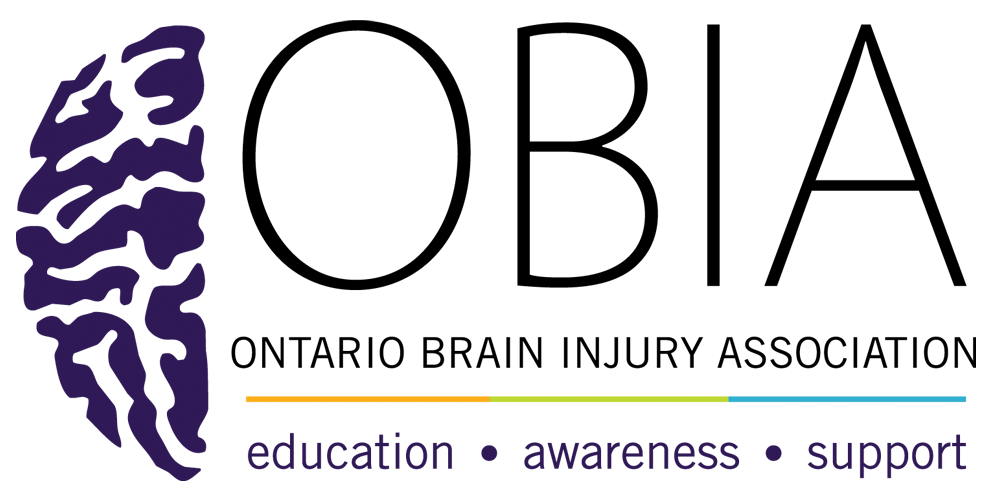Quick Facts
- Self-image is often described as our identity and how we view ourselves in relation to others; it can include how we view our abilities, appearance, and personality
- Brain injury often impacts an individual’s sense of identity and how they perceive themselves
- An injured person may experience a loss of self-identity that can be very difficult as they are the same person but with a new set of strengths and weaknesses
What does it
look like?
- Reduced self-confidence and fear of failure
- Participating in less risky behaviours or more risky behaviours
- Difficulty recognizing the positive qualities within oneself
- Preoccupation with limitations
- Disengagement from people, tasks and activities they previously enjoyed
- Less communicative
- Describes themselves as “not being the same person”
- Engagement in more self-stimulating activities (i.e. using electronic devices, eating)
- Denies the impact of their injury
Possible Causes and Complications
Possible causes:
- Loss or change of function and ability to perform previously known tasks
- If the individual has sustained a minor injury, they may experience doubt that they are not the same person they were prior to their brain injury
- If the individual has experienced a more severe injury or communication problems, they may experience immense frustration and a sense of isolation
Possible complications:
- May experience fear about the future
- They may feel misunderstood by their friends, family, and their community
- They may feel lonely and isolated
- May affect relationships with family, friends, and their partner
What can we do?
- Promote an understanding of the changes they have acquired due to their brain injury and help them adjust to these changes
- Highlight their strengths and help them to understand weaknesses
- Help them understand a “new normal” and that “normal’ is a relative term
- Recommend activities that can create a feeling of success, engagement and accomplishment
- Encourage the person to focus on one challenge at a time to reduce feeling overwhelmed
- Use a lot of positive reinforcement
- Avoid trivializing new realities
- Encourage the person to participate in support groups and counselling
- Help the individual find something they are passionate about and allows them to contribute to their community
Disclaimer: This information is not meant to replace advice from a medical doctor. Consult a health care provider regarding specific medical concerns or treatment.

